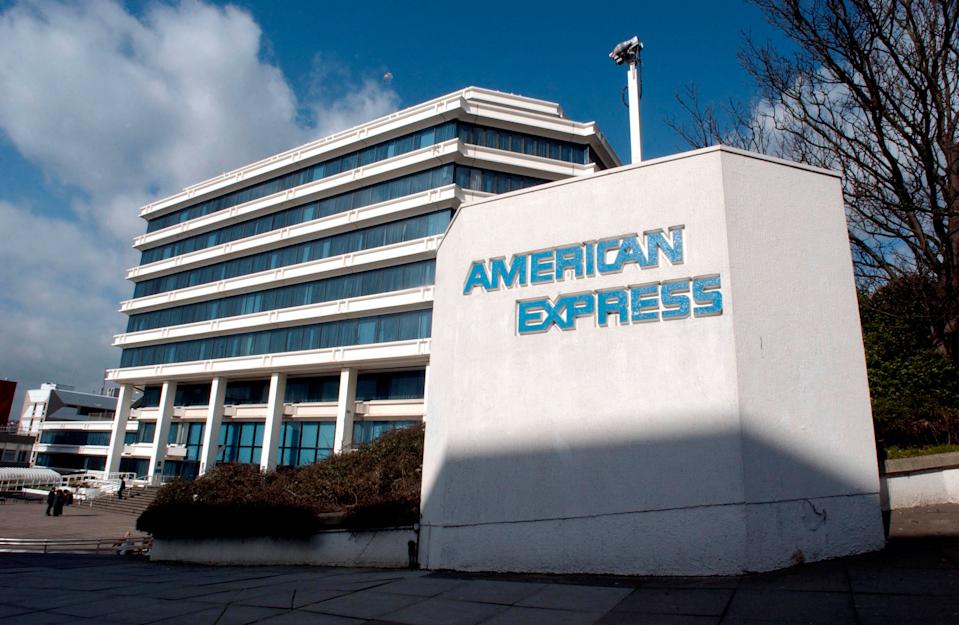What would you do if your wage hadn’t increased since 1997? Hundreds of thousands of pensioners across the UK are facing a similar problem.
They have been fighting for nearly 30 years to have their pension savings increased in line with inflation – which their ex-employers are not legally required to do thanks to a legal loophole created by an old pensions law.
In the last year, Patricia Kennedy and her fellow campaigners have written to 195 MPs, hoping to finally end their 30-year battle for what they claim to be a pension scandal.
Some estimates place the number of people directly affected by the indexation — affecting employees at tens of companies — at between 500,000 and 800,000 pensioners, but Kennedy thinks the figure could be even higher.
Kennedy is part of the HPPA & Alliance Pension Justice campaign, representing thousands of pensioners in their 70s and 80s who worked for companies owned by the Hewlett Packard Enterprise and have not seen their pension increase since 1997.
“We believe that there are between 750,000 and 1.8 million pensioners in the UK whose pension values have significantly eroded and face an increasingly bleak future of zero increases,” Kennedy, a former manager at Hewlett Packard Enterprise in Scotland and campaigner from the group, told Yahoo News.
It has been close to 30 years since the group first received notice that their pension funds would plummet back in 1997 when The Pensions Act 1995 came into effect, mandating that increasing pension pots pre-1997 in line with inflation was at the discretion of their employer.
But Kennedy is still dogged in her determination, writing to more than 100 MPs this year alone and meeting with pensions minister Torsten Bell to move the group’s case forward.
For a number of workers she represents, the average annual pension for a UK retiree from this time is approximately £9,700. The average annual pension income in the UK varies, but a single retiree receives around £14,664 per year, while couples receive about £29,172 combined, according to the Office of National Statistics.
Kennedy has said she finds it hard to stomach as struggling members of her campaign group noted profits at her former company stood at $500m (£370m) in 2024.
“It’s given that it was mandated by our employers at the time that we or I as an employee must contribute to the pension fund,” she said.
“Is it not reasonable that I or pensioners should also have the statutory right to share in the distribution of any surplus almost three decades later.
“It’s been like a forced loan. They’ve had our money for all of this time and we have never been able to share in any yield.”
What happened to pre-1997 pensions?
Before 1997, there was no legal requirement in the UK for defined benefit (DB) occupational pension schemes to increase pensions in payment each year in line with inflation.
After the brazen theft of pension fund assets by media tycoon Robert Maxwell in the late 1980s and early 1990s, the government introduced the Pensions Act 1995, with the aim of protecting pension savers.
But as the scheme only protected mandated statutory indexation of pensions from April 1997 onwards, increasing pensions earlier than this date was at the discretion of a savers’ employer.
While many employers opted to increase pensions pre-1997 in line with inflation, a significant number didn’t – and still haven’t to this day.
Anyone drawing a defined benefit pension since before 1997 is likely at least 70, and often considerably older, especially given the rapid closures to new entrants and accrual since the mid-2000s.
By doing some quick maths, it’s worth noting that someone aged 55 in 1997 is now 83 in 2025.
It also means that for many workers affected, their average pension is now worth just £9,700.
‘It’s very distressing’
Caroline Emery joined the team at American Express in 1985.
Emery won multiple awards during her time at the organisation, becoming a VP in marketing for the company before she moved to new pastures in 2012.
Now, she is working alongside former colleagues under the name Amex UK Pensioners Justice.
The campaign group estimates that 5,000 Amex employees are affected by the pre-1997 indexation.
Emery told Yahoo News: “American Express has not provided discretionary increases for over 11 years. When I began my pension, there was a documented pattern of such increases until 2014. However, following that, all increases stopped altogether.
“The lack of clear communication regarding the cessation of discretionary increases from 2015 has contributed to pensioners confusion and financial distress surrounding their pension entitlements.”

Some 5,000 former American Express employees are affected by the pre-1997 indexation. (PA)
While Emery’s pension is divided over a number of pots, she is one of the lucky ones. She told Yahoo News: “It’s very distressing when you hear about the dire straits some of these people are now in financially.
“One man we have supported, who lives in Brighton, posted on the group asking if people could donate so he could afford to buy himself a mobility scooter.
“We were all more than happy to contribute, but he was promised a secure pension. He shouldn’t be in a position where he’s had to ask for that.”
‘It’s been like a forced loan’
There is no precise, published figure for the exact number of companies which have opted not to increase pre-1997 pensions in line with inflation, but available evidence shows that the problem is widespread across the UK corporate sector, involving dozens – if not hundreds – of medium and large employers.
According to the latest data and parliamentary reports, two-thirds of defined benefit schemes are permitted by their rules to provide discretionary benefit increases for pre-1997 service.
Of these, just under a third – 32% – have provided an increase in the past three years, and just 15% of those increases applied to pre-1997 benefits.
A lack of understanding of the UK pensions system could also put these workers at predominantly US companies at a disadvantage.
“The American pensions system is very different to ours,” Emery said.
“There’s this idea that if the company doesn’t pay to top up the pensions, the pension is just going to get paid by the state.”
High hopes
Campaigners like Kennedy and Emery had high hopes for this year’s Pension Schemes Bill.
After meeting with pensions minister Torsten Bell in March, the group were told “we have not forgotten you, and your situation is very much being discussed at the highest levels”.

Pensions minister Torsten Bell met with campaigners earlier this year (Alamy Live News)
But when the Pension Schemes Bill was first submitted to parliament, this issue had not made the bill – and if anything, the campaigners believe the legislation could make things worse.
Schemes with substantial surpluses may now see it as easier to return funds to sponsoring employers rather than address the long-standing claimed unfairness affecting older pensioners.
Kennedy told Yahoo News: “The new legislation does not give us the power or there is no requirement to share any of the surplus with us. There is simply no requirement to share it with the people whose money it was.”
The government has launched a new Pensions Commission on 21 July, but there is no explicit mention that it will specifically examine the issue of pre-1997 indexation for defined benefit pensions.
While the government may be burying its head in the sand, just last week, the work and pensions committee issued a stark warning that pensioners are dying in poverty and without justice.
Speaking to Liz Kendall on 16 July, the group grilled the secretary of state on the government’s delay in rolling out compensation.
While Kendall insisted the pensions minister was working to identify the pensioners, she also added compensating those affected “would have wider implications for the public finances”.

Liz Kendall spoke to the work and pensions select committee about PIP on 16 July (Parliament.tv)
“How can we justify this to them? They’re in their late 70s and 80s now,” committee chair Debbie Abrahams said.
“They are dying by the day. The decency of humanity means we need to stand by them.
“It will cost the government £133m over the next 10 years, against £14bn in reserves to fulfil the role of the pension protection fund. I’ll just leave it at that.”
A HPE spokesperson told Yahoo News: “HPE is committed to satisfying all of its responsibilities to both current and former team members. The decision on whether to grant discretionary increases to relevant pensioners is given careful consideration and is made based on a number of factors. It is reviewed on an annual basis.”
An Amex spokesperson told Yahoo News: “American Express fully complies with all its pension obligations to current and former colleagues and will continue to do so in the future. The company annually reviews whether a discretionary increase will be awarded in respect of pre-1997 defined benefit pensions.”
A DWP spokesperson said: “We understand the impact this is having on members of these schemes, which is why we are continuing to work to find a solution.
”Any changes in this area would have significant implications on public finances, which is why we need to consider it thoroughly.”
